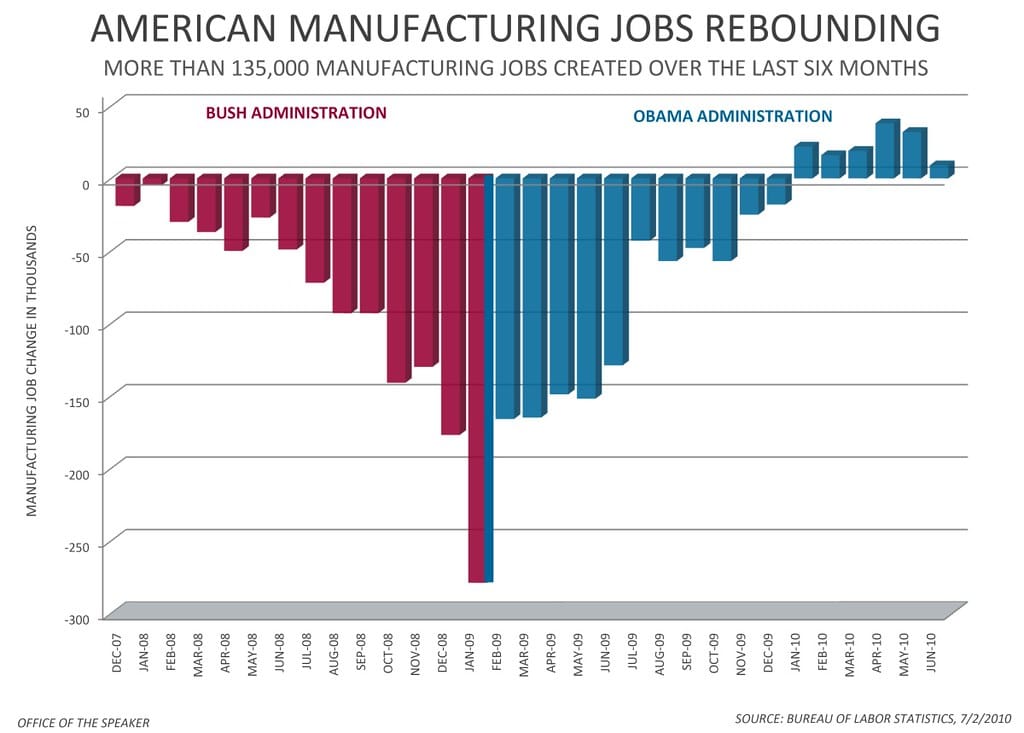Palmer Luckey's Bold Bet: Can American-Made Laptops Compete in a Global Market?
The founder of Oculus and defense tech company Anduril has a provocative question for consumers: how much extra would you pay for a laptop manufactured entirely in the United States? Palmer Luckey's latest venture into American manufacturing represents more than just patriotic sentiment—it's a calculated challenge to decades of globalized tech production.
The Manufacturing Reality Check
Luckey's query strikes at the heart of a fundamental tension in American consumer behavior. While polls consistently show Americans prefer domestically-made products, purchasing decisions often tell a different story. The average laptop today costs between $400-$1,200, with the majority of components sourced from Asia and final assembly occurring in countries like China, Taiwan, and Vietnam.
The economics are stark. Labor costs in China average $3-5 per hour for electronics manufacturing, compared to $25-35 per hour for similar work in the United States. Material costs, supply chain logistics, and regulatory compliance add additional layers of complexity—and expense—to domestic production.
Why Luckey Is Asking the Right Question
As the founder of Oculus, which sold to Facebook for $2 billion, and Anduril Industries, a defense contractor valued at $8.5 billion, Luckey understands both consumer markets and national security implications. His interest in American-made laptops likely stems from growing concerns about supply chain vulnerabilities exposed during the COVID-19 pandemic and rising geopolitical tensions with China.
The Department of Defense and other government agencies already face restrictions on purchasing technology with foreign components, creating a ready market for secure, domestically-produced devices. However, the consumer market presents a more complex challenge.
The Premium Americans Might Actually Pay
Recent surveys suggest Americans are willing to pay 15-20% more for domestically-made products, but actual purchasing behavior often contradicts these stated preferences. The "Buy American" premium varies significantly by product category and demographic.
Consider the automotive industry as a parallel. Tesla successfully positioned American manufacturing as a premium feature, though their vehicles command price points 30-50% higher than comparable imports. Similarly, companies like Red Wing Shoes and Filson have built loyal customer bases despite significant price premiums for American-made goods.
For laptops, early indicators suggest a potential market exists. Framework Computer, while not exclusively American-made, has found success with modularity and repairability as premium features. System76, a Colorado-based company, manufactures Linux laptops domestically and maintains a dedicated customer base willing to pay higher prices for local production and customer service.
The Technical Hurdles
Manufacturing laptops domestically involves more than assembly—it requires an entire ecosystem. Critical components like processors, memory chips, and displays are dominated by Asian manufacturers with decades of expertise and massive economies of scale.
Intel's recent $20 billion investment in Arizona chip fabrication facilities and the CHIPS Act's $52 billion in semiconductor subsidies signal government recognition of these challenges. However, building domestic capability for every laptop component would require unprecedented coordination and investment across multiple industries.
Market Implications and Consumer Psychology
Luckey's question taps into evolving consumer priorities. Post-pandemic supply chain disruptions, growing environmental consciousness, and increased awareness of labor conditions in overseas factories have shifted some purchasing decisions toward domestic alternatives.
The success of brands like Yeti Coolers, which manufactures in the Philippines but markets "American design," suggests consumers value the story and brand identity as much as the manufacturing location. A Luckey-backed laptop venture could leverage similar positioning while potentially offering genuine domestic production.
However, price sensitivity remains paramount. While affluent consumers might embrace a $2,000 American-made laptop, mass market adoption would require manufacturing innovations that dramatically reduce cost premiums.
The Verdict on American Manufacturing
Palmer Luckey's question isn't just about laptops—it's about whether American consumers will support domestic manufacturing when it matters most: at the point of purchase. His track record of turning ambitious visions into billion-dollar realities suggests this inquiry might be more than hypothetical.
The answer will likely determine whether American tech manufacturing can extend beyond defense contracts and niche markets into mainstream consumer electronics. For an industry built on global supply chains, Luckey's simple question might just spark a revolution in how we think about where our technology comes from—and what we're willing to pay for that choice.
